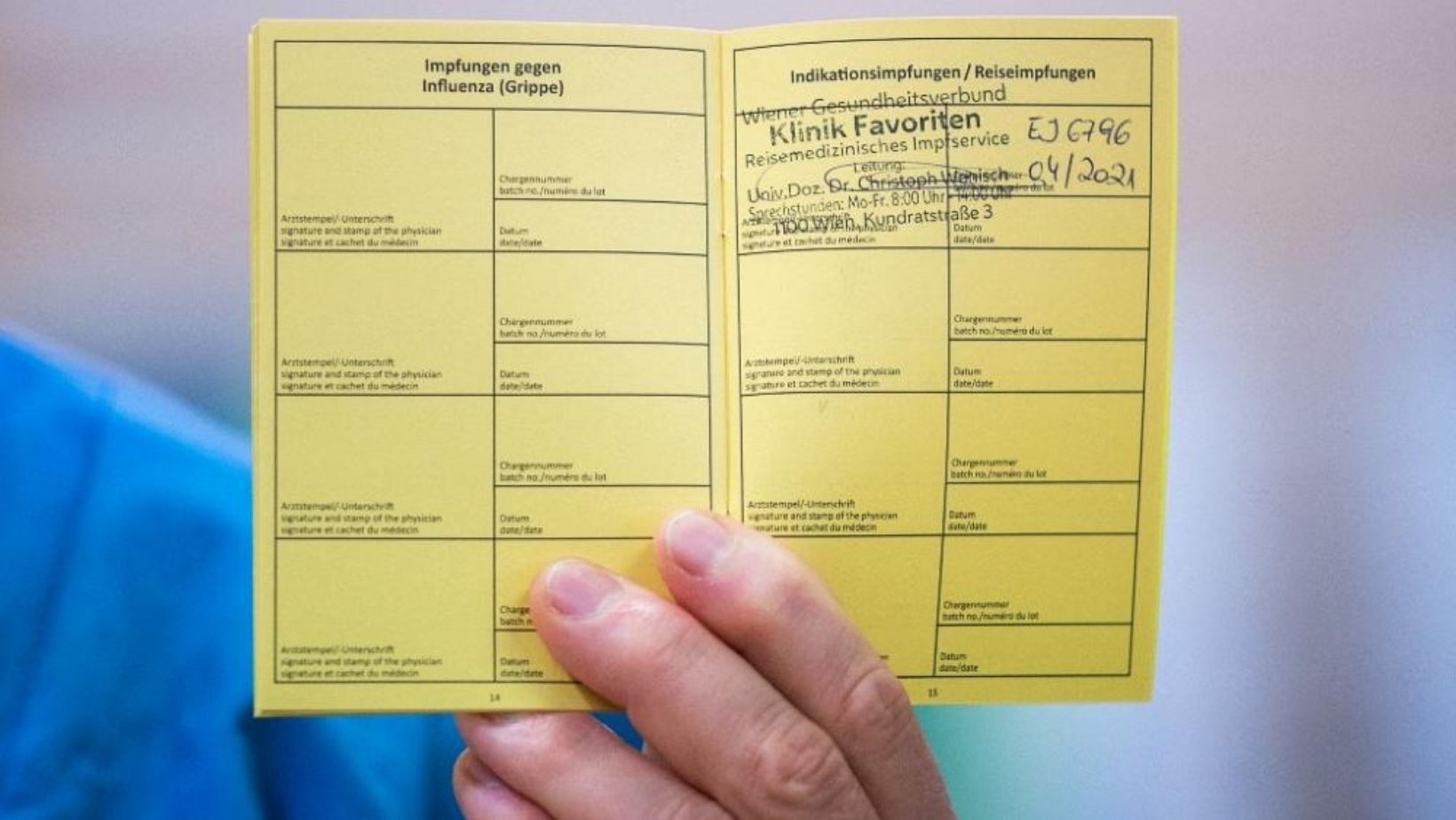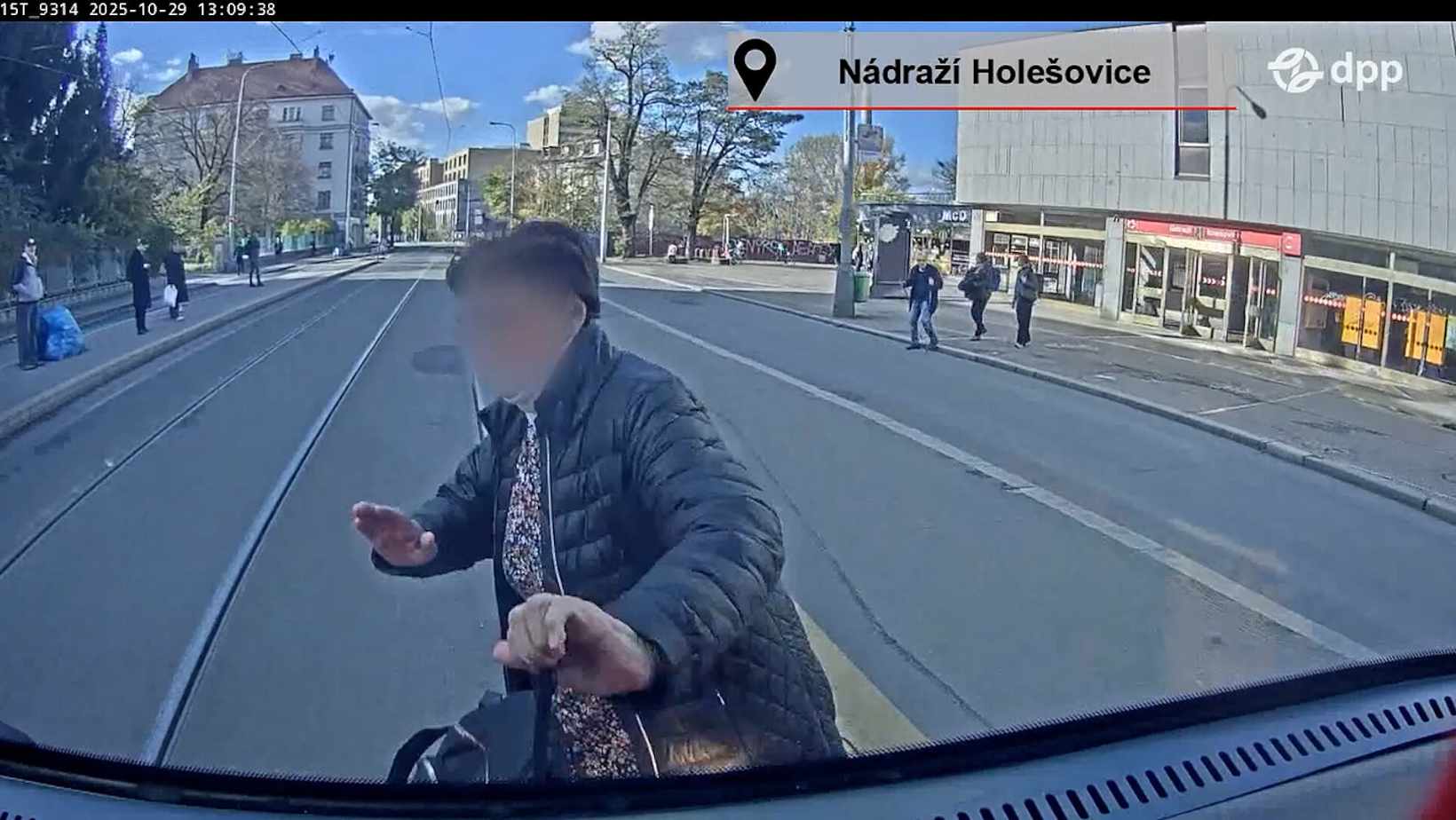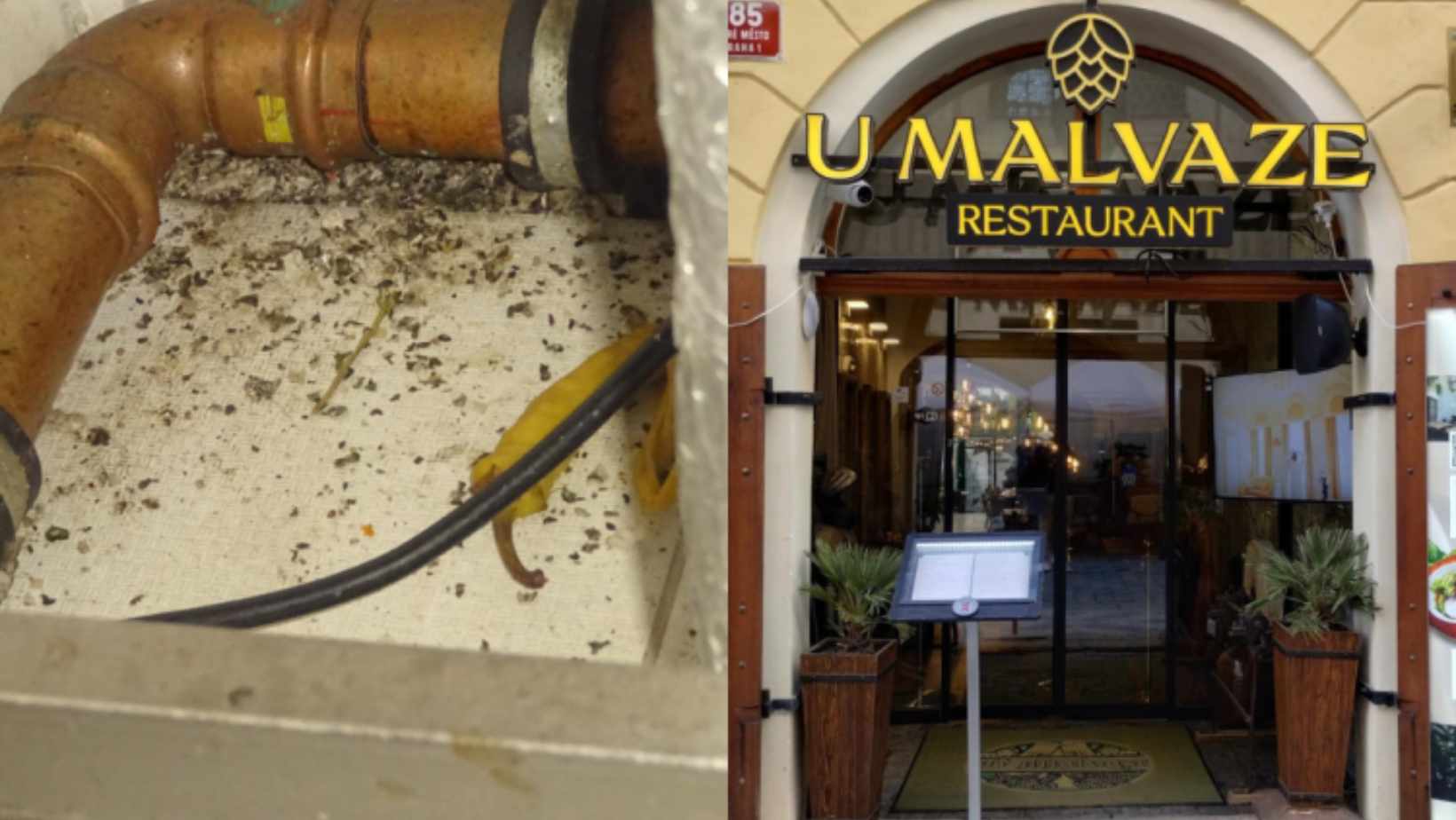Up-to-date information on the progress of the work on the implementation of the EU Digital Covid Certificate is available here.
The Czech Republic and six other European Union member states on Tuesday are introducing a vaccination certificate system, ahead of the rollout of the program across the bloc on July 1.
Czechs will be able to download certificates of negative Covid tests, previous infection, and vaccination from the webpage of the Institute of Health Information and Statistics (Ocko.UZIS.cz)
The other countries are Bulgaria, Greece, Denmark, Germany, Croatia, and Poland, according to the European Commission.
Greece has been pressing for the commonly-recognized certificate that will use a QR code with advanced security features, and the idea was originally put forward by Greek Prime Minister Kyriakos Mitsotakis.
The new certificate will be available to people who have been fully vaccinated against COVID-19, have a recent negative test result, or have recovered from a coronavirus infection.
How will citizens get the certificate?
National authorities are in charge of issuing the certificate. It could, for example, be issued by test centers or health authorities, or directly via an eHealth portal.
The digital version can be stored on a mobile device. Citizens can also request a paper version. Both will have a QR code that contains essential information, as well as a digital signature to make sure the certificate is authentic.
Member States have agreed on a common design that can be used for the electronic and paper versions to facilitate the recognition.
How will the certificate work?
- The EU Digital COVID Certificate contains a QR code with a digital signature to protect it against falsification.
- When the certificate is checked, the QR code is scanned and the signature verified.
- Each issuing body (e.g. a hospital, a test centre, a health authority) has its own digital signature key. All of these are stored in a secure database in each country.
- The European Commission has built a gateway through which all certificate signatures can be verified across the EU. The personal data of the certificate holder does not pass through the gateway, as this is not necessary to verify the digital signature. The European Commission also helped Member States to develop national software and apps to issue, store and verify certificates and supported them in the necessary tests to on-board the gateway.
The Commission also reported that until today, 22 countries have successfully tested the portal. Although the regulation will apply from 1 July, all Member States that have already completed the technical tests and are ready to issue and verify certificates can start using the system on a voluntary basis.
-
NEWSLETTER
Subscribe for our daily news












